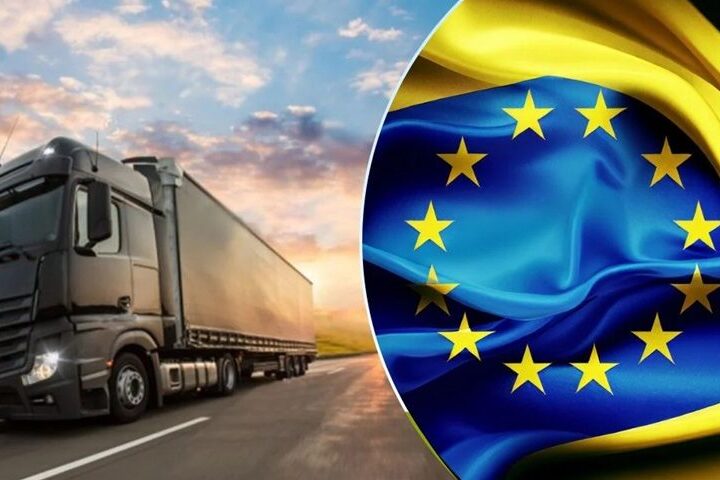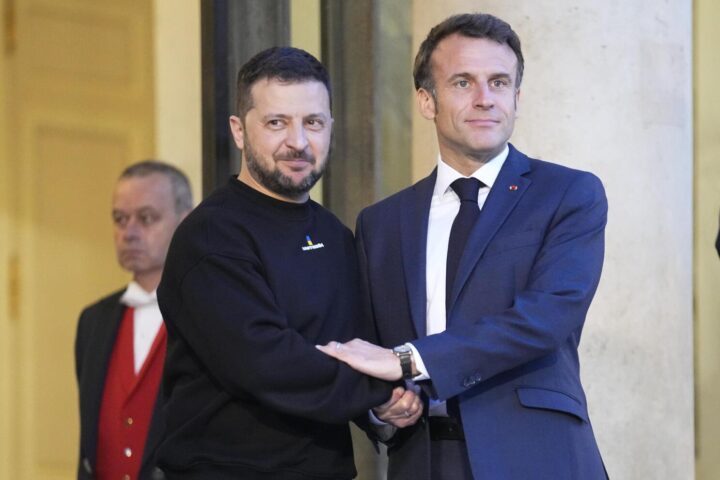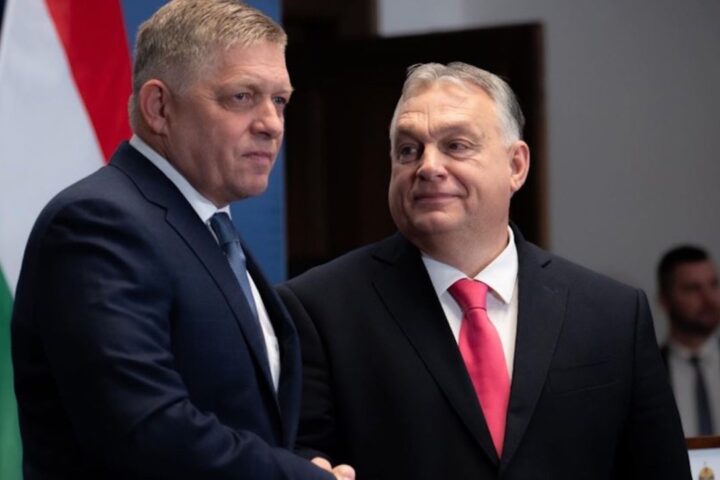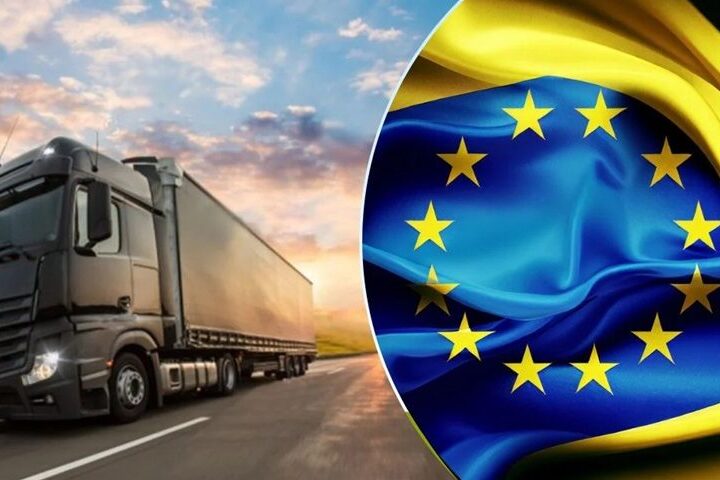The European Union has extended the “transport visa-free regime” with Ukraine until March 2027, offering significant strategic and economic benefits for both sides. The agreement removes the need for special permits for bilateral and transit transport, streamlining logistics and making trade more predictable. This move strengthens the integration of Ukrainian carriers into the EU market while securing stable access for European companies to Ukrainian goods. According to recent data, the volume of road transport between Ukraine and the EU has grown by nearly 55%, deepening economic interdependence and supply chain resilience amid global instability.
Streamlined transport boosting EU logistics and competitiveness
The extension provides the EU with a stable mechanism to advance its internal market and ensure uninterrupted logistics. Removing bureaucratic barriers lowers costs for European businesses and accelerates deliveries, especially vital for sectors dependent on rapid supply, such as agriculture and automotive industries. This development not only delivers direct economic gains but also enhances Europe’s competitiveness in global markets. The extension of the transport visa-free regime is seen as a durable foundation for stronger trade relations and operational predictability.
Integration of Ukrainian transport into EU standards
A central aspect of the agreement is the synchronization of Ukrainian transport legislation with EU norms, including the implementation of smart tachographs. This alignment ensures transparency, improves road transport safety, and guarantees that drivers operate under equivalent working conditions. For the EU, this means reliable partners operating within uniform regulations, reducing risks from illegal or opaque schemes and fostering service market development. For Ukraine, it represents deeper integration and greater access to European markets.
Diversification of logistics routes and resilience
The liberalization of transport also supports diversification of logistics corridors within the EU — a strategic priority amid war and global instability. Ukraine’s position as a transit state creates alternative routes that reduce reliance on single pathways, allowing the EU greater flexibility to respond to potential disruptions. This joint transport policy becomes not just an economic benefit but a critical component of the EU’s broader economic security strategy.
Political significance amid geopolitical tensions
Beyond practical advantages, the agreement carries political weight. It consolidates trust between Ukraine and the EU, countering efforts to undermine unity. Moscow’s attempts to destabilize the region have inadvertently strengthened integration, making cooperation more resilient. The prolongation of the agreement signals the EU’s commitment to long-term partnership despite external pressures, reinforcing its credibility as a stable and reliable actor in the region.
Ukraine’s deeper integration into European transport frameworks illustrates a strategic step toward strengthening not only trade but also collective resilience in the face of geopolitical uncertainty.
















